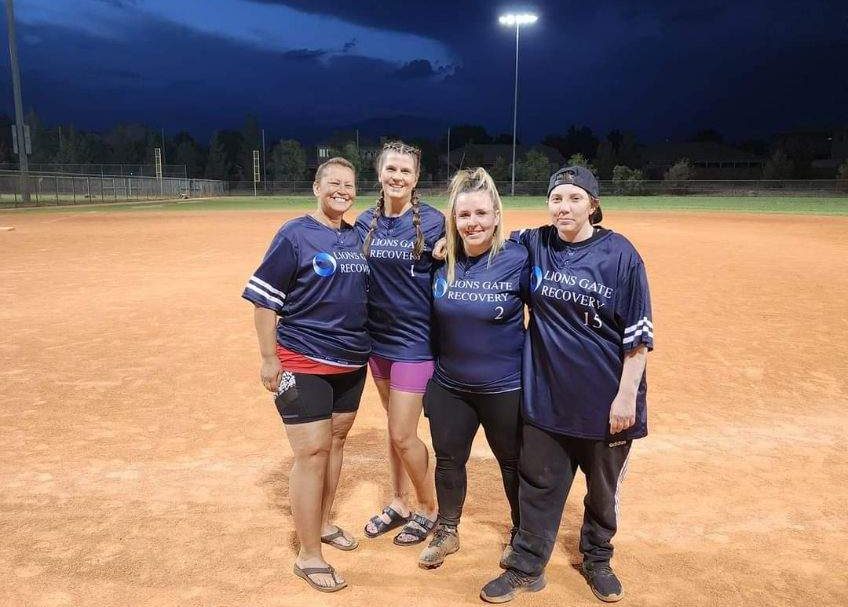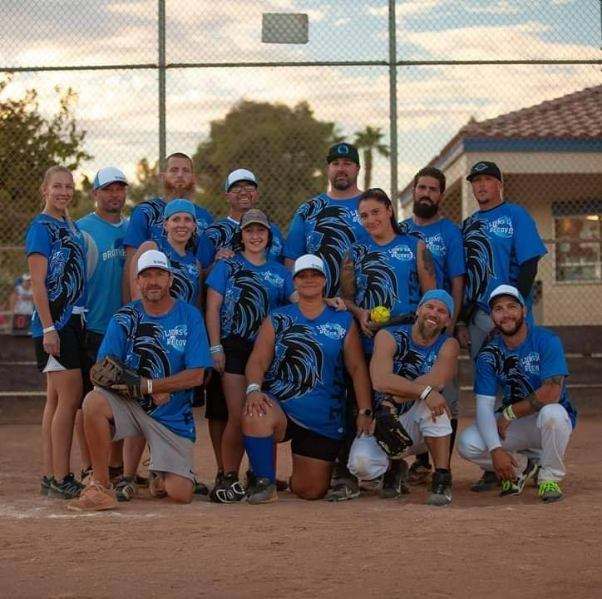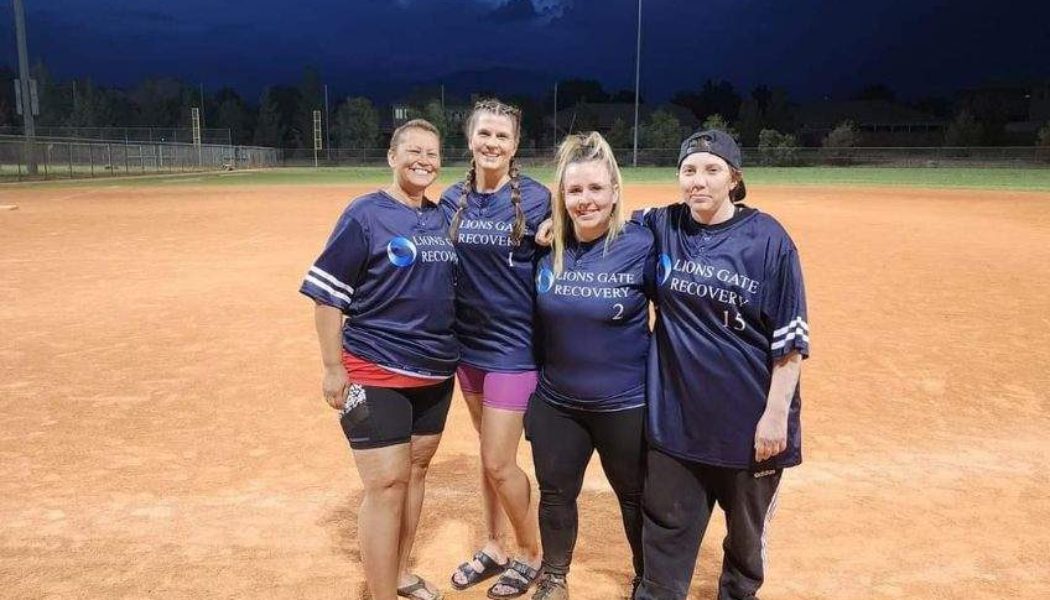CONTRIBUTED CONTENT — Addiction often leaves people feeling isolated and powerless. During the recovery process, individuals are encouraged to become part of a team that will help fortify their path to sober living. After all, there’s strength in numbers.

At Lion’s Gate Recovery in Southern Utah, team sports and recovery go hand-in-hand. Lion’s Gate believes in a holistic and comprehensive healing approach to substance abuse treatment that implements the latest evidence-based interventions as well as time-tested standards of recovery.
“A lot of treatment programs are now recognizing the clinical benefits of adding different types of athletics to their curriculum,” said Judy Berrocal, a licensed substance use disorder counselor and the clinical program manager at the Lion’s Gate Toquerville residential treatment center. “My role here is to help introduce clients to a healthier lifestyle, and part of that is using athletics as a way to move past their insecurities.”
Team sports can play a significant role in a successful alcohol and drug treatment program. Engaging in team sports provides individuals in recovery with numerous physical, mental and social benefits that support their journey toward a healthier lifestyle, including the following:
Physical well-being
Team sports promote physical fitness, which is crucial for overall well-being. Regular exercise can help individuals in recovery improve their physical health, rebuild their stamina and reduce the negative effects of substance abuse on their bodies. Physical activity also releases hormones that can improve mood and reduce cravings.
Structure and routine
Successful recovery requires establishing a structured and disciplined lifestyle. Participating in team sports offers a routine that can fill the void left by addictive behaviors. It helps individuals establish a schedule, prioritize their time and develop healthy habits such as regular exercise, proper nutrition and consistent sleep patterns.
Stress relief and emotional regulation

Sports provide a healthy outlet for stress relief. Physical activity stimulates the release of dopamine and endorphins, which can help reduce anxiety, depression and other emotional challenges commonly associated with addiction. Team sports also offer a platform for individuals to release pent-up emotions, redirect their focus and find healthy ways to manage stress.
Social support and connection
One of the critical aspects of recovery is building a support network. Team sports provide an opportunity to connect with like-minded individuals who share a common interest. Engaging in team activities fosters a sense of camaraderie, teamwork and mutual support. It can help people in recovery develop healthy relationships, improve their social skills and reduce feelings of isolation.
Goal-setting and achievement
Setting goals and working toward them is an essential part of overcoming addiction, and team sports offer a platform for individuals to set both personal and team goals. Whether it’s improving skills, winning a game or achieving personal milestones, sports provide opportunities for people in recovery to experience a sense of accomplishment, boost their self-esteem and regain confidence in their abilities.
Discipline and accountability
Team sports require discipline, commitment and accountability. By participating in team activities, individuals in recovery learn the importance of showing up on time, following rules, respecting their teammates and opponents and working together toward a common goal. These principles can be transferred to other areas of life and aid in maintaining a sober and responsible lifestyle.
Identity and purpose
Addiction often erodes an individual’s sense of identity and purpose. Engaging in team sports helps people in recovery rediscover their passions, develop new interests and establish a positive sense of self. Being part of a team allows them to identify as athletes, teammates and competitors, which can contribute to a stronger sense of purpose and direction in life.

While team sports alone might not be enough to overcome addiction, they’re a valuable complement to any holistic treatment approach. At Lion’s Gate, team sports are implemented as part of a comprehensive alcohol and drug rehab program that also includes detox, professional guidance, therapy and support groups as crucial components of recovery.
“It’s just huge overall, especially when people continue it outside of the residential setting,” Berrocal said. “If they continue to add teamwork as one of the key components of their lives, I’ve seen more and more people have success in recovery that way.”
Lion’s Gate is a community of support that empowers individuals struggling with substance abuse to reclaim their lives and break free from the shackles of addiction. Helping people not only get sober but stay sober, programs focus on developing healthy social and life skills, learning coping mechanisms and establishing boundaries. Their therapists and clinicians also address the trauma and mental health disorders that often complicate recovery.
Services include drug and alcohol detox as well as alcohol, drug and opiate treatment on both a residential and outpatient basis. Every month, Lion’s Gate graduates between 15-20 clients who have finished their treatment program and achieved a year of sober living. Approximately 80% of clients who complete the entire program remain substance-free long-term, well above the national average of 15%.
If you’re seeking help for yourself or a loved one, reach out to the Lion’s Gate 24/7 hotline at 866-471-9476.
Written by ALEXA MORGAN for St. George News.
• S P O N S O R E D C O N T E N T •
Resources
- Lion’s Gate Recovery | Address: 260 W. St. George Blvd., St. George or 535 S. Main St. #2, Cedar City | Telephone: 866-471-9476 | Website.
Copyright St. George News, SaintGeorgeUtah.com LLC, 2023, all rights reserved.









